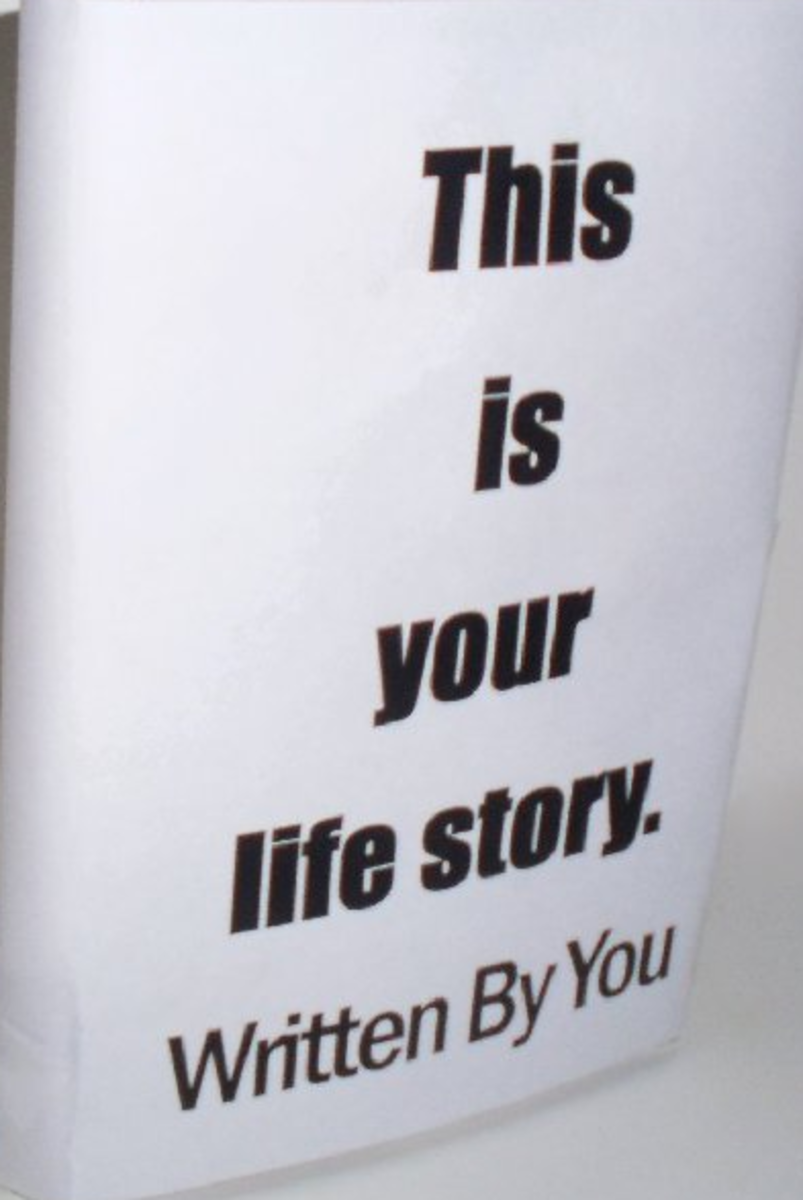How to Write Better Stories


There are good writers and those who aspire to be good writers. What makes a writer successful? Simply put, you have to know the basics of good journalism. Without taking time to learn them, it’s doubtful you’ll ever write a good story.
First and very important are spelling, grammar and punctuation. Nothing is more frustrating to readers than misspelled words and incorrectly constructed sentences. This immediately clues your audience in to whether they’re dealing with a professional or novice. Always keep a dictionary within reach.
Now take a look at your beginning paragraph, referred to as a”lead’. Is it interesting, novel or eye catching? The first two sentences will either hook your reader or send them searching for better literary material. It has to reach out, grab them by their shirt collar and pull them in. Let’s face it. There’s lots’ of competition for well written articles.
Include The Five W's
Your first paragraph should include the five W’s… who, what, where, when, why and sometimes how. The second paragraph should expand on the first incorporating details of secondary importance. Your third paragraph will comprise the “body”. Most writers use a method called the “Inverted Pyramid”. Simply put, information is inserted into your story in order of importance. The inverted pyramid tool is utilized mainly in hard news, sports writing, features and editorials. But it’s a good general rule of thumb to follow in any kind of story.
Now, we’ll return to the subject of leads. There are several types. One is a question lead, such as “Are you a good writer?” There’s nothing wrong with that. However, question leads are usually considered weak by professional writers. Quote leads would also fit into this category. But that’s not always the case. Many factors can contribute to your decision whether to use these types of leads. Who is your audience? Is your story aimed at a mature demographic or a younger one? Children usually respond well to a question lead. Get the idea?
Another example is the “bright” lead, usually accompanied with exclamation points and is original, imaginative, exciting or informative. Look at the one used in this article. Did it get your attention? If you’re still reading, it worked. There are a variety of different leads. Which one you use will be decided by your subject matter and targeted audience.
Another factor in determining whether your readers will stay put is sentence length. Never exceed 37 words per sentence. Try breaking a longwinded sentence into several smaller ones.
There are other aspects to good journalism also. For example, use of transitions. This is nothing more than tying subject matter of one paragraph into your next as seamlessly as possible. Good, simple examples of this would be single coined words such as However, Furthermore, Although, Next, etc. Other transitions’ may include two or more words like, “In addition to”, “For example” and “Later on”. (Watch as the transition takes place here.)
Furthermore, there are other elements to good writing to be observed. Any professional journalist worth their salt will point out the key element for success is “BREVITY”. Keeping your story brief and to the point is critical. Whether it’s printed media or other platform. Space and time are money to newspapers, magazines, books, or wherever else you desire to publish your material.

Shorten Your Story
How can you shorten your story and keep it intact? Continually read your material while writing. You’ll find in most cases you can delete “the” and “that” and replace “and” with a comma. Find shorter ways to say the same thing in fewer words. Or (Find shorter ways to say something.) See how that works?
Another trap beginning writers fall into is trying to impress everyone with their command of the English language, using big, fancy-sounding vocabulary. Avoid this practice. If people can't understand the words you're using, you've lost them. According to professionals, the average person (your audience), reads at an 8th grade level. So, write accordingly.
Something else readers hate is repetition of the same words over and over. A good thesaurus can aid you in finding different and better words to get your message across.
This little guide should assist wannabe writers to improve their journalistic skills. It is by no means all inclusive, but rather a collection of tips to follow.
Professional writers are not born…they’re made.








